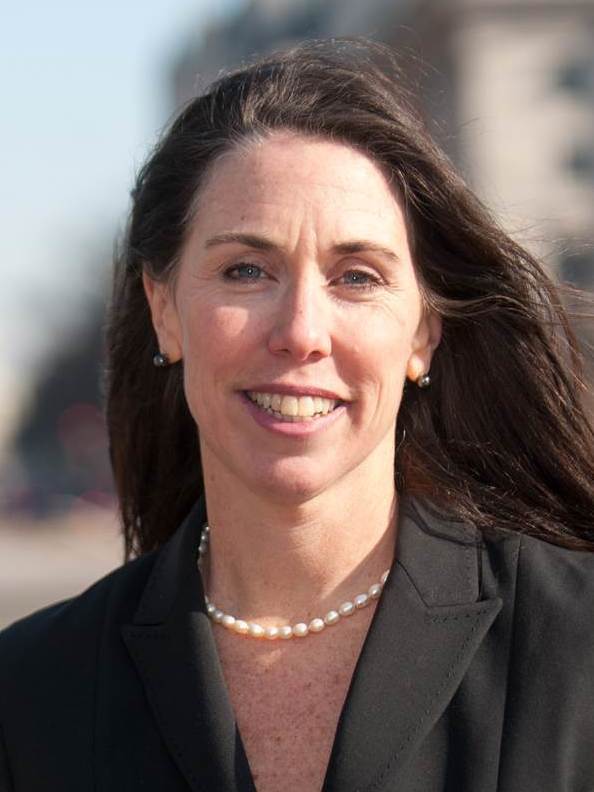Introduction
President Barack Obama received $4,600 in campaign contributions from R. Allen Stanford less than a year before the Texan was arrested in 2009 for running one of the biggest Ponzi schemes in U.S. history.
Despite repeated requests, the Obama campaign has not returned the money to the court-appointed receiver tasked with recovering money from the fraud and returning it to Stanford’s victims. The campaign still has $5.4 million in its coffers even though the president won’t be running in another election.
(Update, Oct. 16, 2013, 1:39 p.m.: The Obama campaign’s new 3rd quarter filing indicates it has $372,549 remaining.)
Obama isn’t the only politician who has declined to return Stanford campaign contributions to help make Stanford’s defrauded investors whole. A total of 39 candidates and committees have kept their campaign funds despite the pleas by the receiver, Texas Lawyer Ralph Janvey, to return the money.
A spokesman for the Democratic National Committee, which now speaks for the Obama campaign, did not immediately comment.
Rep. Pete Sessions, R-Texas, has the largest outstanding contribution that hasn’t been returned — $10,000 — according to the web site of the receiver. The New Jersey Democratic State Committee also received $10,000 from Stanford and his companies, the web site says.
Other members of Congress on the receiver’s list include Sen. John Cornyn, R-Texas, and Rep. Richard Neal, D-Mass.
Stanford was sentenced in 2012 to 110 years in prison for bilking investors out of $7.2 billion. The Texan ran an investment firm that sold fraudulent certificates of deposit in an Antigua-based bank that he owned called Stanford International Bank Ltd.
Five Democratic and Republican national campaign committees, which had received more than $1.6 million from Stanford and his companies, fought attempts by Janvey to recover those contributions. In October 2012, a federal appeals court ordered the committees to turn over the money and pay the receivership’s attorney fees.
Janvey has not sued Obama’s campaign, or the other 38 committees who haven’t returned their contributions, because the cost of a suit would be more than the amount recovered, said Kevin Sadler, a lawyer with Baker Botts that represents the receivership.
Many members of Congress and presidential candidates returned the ill-gotten contributions voluntarily. Former Sen. Christopher Dodd (D-Conn.) returned a total of $27,500 and Sen. Richard Shelby, R-Ala., reimbursed the receivership $14,000.
Janvey was appointed in February 2009 to wind down Stanford’s web of companies and try to recover as much money as possible to return to the investors who were defrauded in the scheme.
To date, he has recovered $234.4 million. However, the costs of winding down the companies, and of lawsuits trying to recover money, have eaten up more than half that amount.
Stanford investors last month began receiving their first checks since the receivership was created in amounts that totaled about a penny for each dollar lost.
Read more in Money and Democracy
Primary Source
Facebook’s lobbying climbs to record level
Tech company seeks friends — and influence — in Washington
Money and Democracy
Lobbying dips overall, but the beat goes on for guns, drugs and agriculture
Third-quarter numbers show many big lobbies cut back compared to the previous year, but farm bill, gun and health care debates yield outliers

Join the conversation
Show Comments